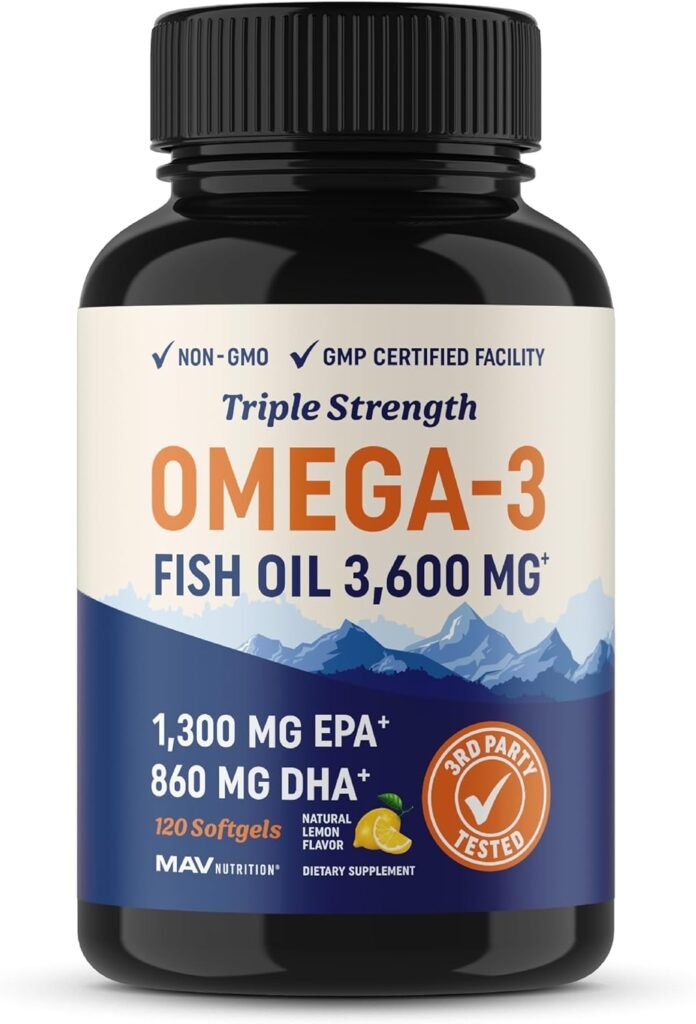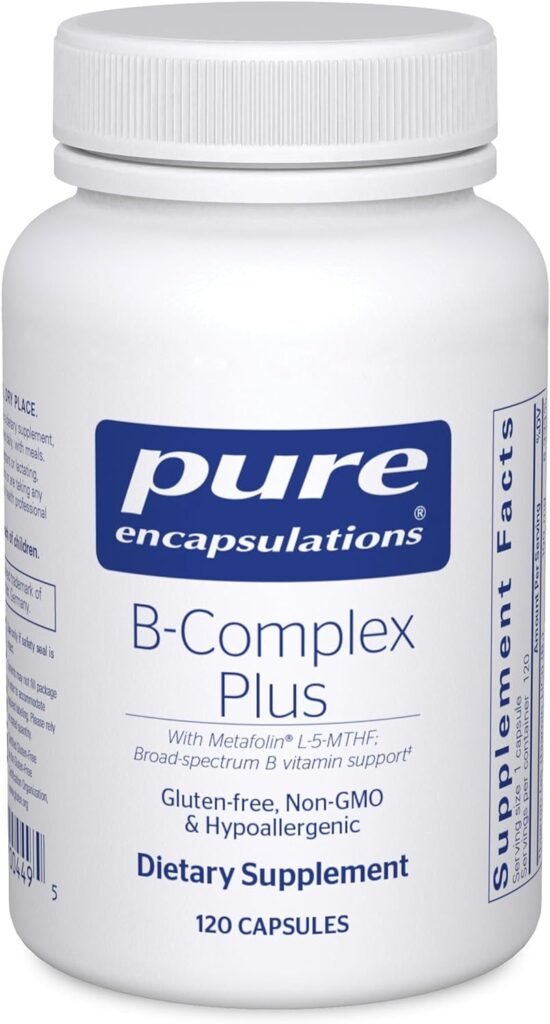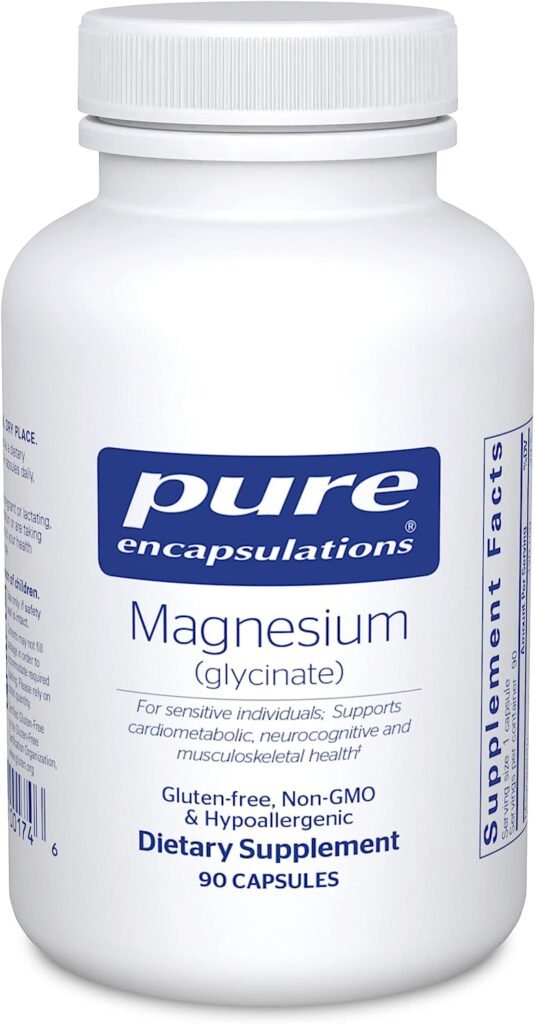Polycystic Ovary Syndrome (PCOS) is a typical hormonal disorder that primarily affects individuals assigned to females at birth during the reproductive years. Managing its symptoms requires a comprehensive and multi-faceted approach. One powerful aspect of this approach is incorporating effective supplements. This guide will delve into PCOS, its symptoms, causes, dietary considerations, and, most importantly, the seven best supplements that can make a significant difference in managing PCOS.
Understanding PCOS
PCOS, a hormonal disorder, manifests with various symptoms, such as irregular periods, acne, and fertility issues. Identifying and understanding these symptoms is crucial for effective management. The root causes of PCOS include insulin resistance, hormonal imbalances, and genetic factors. By comprehending the intricacies of PCOS, individuals can tailor their approach to better address their unique situation.
The Role of Diet in Managing PCOS
Diet plays a pivotal role in PCOS management. Adopting a diet that supports insulin regulation and hormonal balance is essential. Eating healthy foods like fruits and veggies, opting for carbs that don’t spike blood sugar, and choosing lean proteins can help make PCOS symptoms better.
Unveiling the 7 Best Supplements for PCOS that can help
Berberine
Berberine, derived from various plants, is a standout supplement in PCOS management for weight management. Its primary attribute lies in its remarkable ability to enhance insulin sensitivity, a critical factor in addressing the hormonal imbalances associated with PCOS.
- Pros:
Natural Insulin Sensitizer: Berberine helps your body handle insulin better. It helps regulate your blood sugar and reduce a problem called insulin resistance, which is often seen in PCOS.
Anti-Inflammatory Properties: Beyond insulin regulation, berberine exhibits anti-inflammatory effects, potentially alleviating inflammation-related symptoms in individuals with PCOS.
Well-Tolerated: Berberine is generally well-received by most individuals, making it a suitable choice for many people dealing with weight gain due to PCOS, with minimal risk of notable side effects.
LEARN MORE ABOUT WEIGHT LOSS HERE
Potential Cardiovascular Benefits: Studies show that berberine might benefit the heart, assisting in managing cholesterol levels and blood pressure.
Supports Weight Management: Because it helps your body respond better to insulin, berberine might help manage weight, an essential part of treating PCOS.
- Cons: May interact with certain medications.
CHECK IT OUT ON AMAZON
Vitamin D
Vitamin D, often deficient in individuals with PCOS, emerges as a crucial supplement for addressing hormonal imbalances and promoting overall well-being.
- Pros:
Regulates Menstrual Cycles: Adequate vitamin D levels are associated with regular menstrual cycles, making it an essential element in managing PCOS-related irregularities.
Supports Fertility: Vitamin D plays a role in reproductive health, and supplementation may enhance fertility outcomes for individuals with PCOS.
Bone Health: Beyond its hormonal implications, vitamin D supports bone health, addressing potential deficiencies that might arise due to lifestyle factors or dietary restrictions.
Mood Regulation: Some studies suggest a connection between vitamin D levels and mood. Adequate vitamin D may contribute to mood stability in individuals with PCOS.
Immune System Support: Vitamin D is known for helping the immune system, offering additional benefits beyond its impact on PCOS symptoms.
- Cons: Excessive intake can lead to toxicity.
BUY IT ON AMAZON
Fish oil/Omega 3

Rich in omega-3/Fish oil fatty acids, fish oil stands out as a supplement with anti-inflammatory properties, making it valuable for individuals managing PCOS.
- Pros:
Reduces Inflammation: Omega-3 fatty acids, particularly EPA and DHA, exhibit potent anti-inflammatory effects, potentially alleviating inflammation associated with PCOS.
Hormonal Balance: Fish oil contributes to hormonal balance, impacting various aspects of reproductive health in individuals with PCOS.
Cardiovascular Health: Omega-3 fatty acids help keep your heart healthy, addressing various health concerns that individuals with PCOS might experience.
Brain Health: DHA, found in fish oil, is essential for the health of your brain and might help with your thinking and overall cognitive well-being.
Skin Benefits: Some individuals with PCOS experience skin issues. Omega-3 can benefit your skin and contribute to an overall approach to managing PCOS.
- Cons: It may cause a fishy aftertaste.
Get it from AMAZON
Inositol

Inositol, a B-vitamin-like compound, has garnered attention for its positive effects on insulin sensitivity and ovarian function, making it a promising supplement for PCOS.
- Pros:
Improves Insulin Sensitivity: Inositol has been shown to enhance how insulin works, which is crucial in managing PCOS. This means it helps your body handle insulin better, an essential part of dealing with the hormonal issues associated with PCOS.
Enhances Ovarian Function: Inositol might help the ovaries work better, which could help with fertility issues linked to PCOS.
Supports Mental Health: A few studies indicate that inositol might make you feel better emotionally, which could be good for the mental well-being of individuals with PCOS.
Low Side Effect Profile: Inositol is generally well-tolerated, with minimal side effects reported, making it a viable option for many individuals.
May Improve Egg Quality: For people trying to get pregnant, inositol might help make the ovaries better, improving the chances of conceiving.
- Cons: It may cause mild gastrointestinal discomfort.
BUY IT : MYO & D-CHIRO INOSITOL+
Magnesium
Magnesium, an essential mineral often deficient in individuals with PCOS, is pivotal in supporting insulin sensitivity and muscle relaxation.
- Pros:
Supports Insulin Sensitivity: Magnesium supplements may enhance how insulin operates in individuals with PCOS.
Muscle Relaxation: Magnesium is essential for relaxing muscles, can lessen symptoms such as cramps, and adds to overall well-being.
Bone Health: Magnesium supports bone health, addressing potential deficiencies that might arise due to lifestyle factors or dietary restrictions in individuals with PCOS.
Stress Reduction: Magnesium has calming effects and may help with stress management, which can be beneficial for individuals managing the emotional aspects of PCOS.
Energy Production: Magnesium plays a role in helping your body produce energy, which can help tackle feelings of tiredness often linked to PCOS.
- Cons: High doses may cause diarrhea.
CHECK IT OUT ON AMAZON
Zinc
Zinc, a trace element, is involved in hormone regulation and may offer benefits in managing PCOS symptoms.
- Pros:
Hormonal Balance: Zinc plays a role in hormonal regulation, potentially contributing to improved hormonal balance in individuals with PCOS.
Immune Support: Zinc is essential for immune function, providing additional support for individuals with PCOS who may face immune-related challenges.
Antioxidant Properties: As an antioxidant, zinc helps neutralize free radicals, offering potential benefits for overall health and well-being.
Wound Healing: Zinc is vital for aiding in the healing of wounds, which can be beneficial for addressing possible skin issues that individuals with PCOS might experience.
May Enhance Ovulation: A few studies propose that taking zinc supplements might help enhance ovulation, benefiting individuals trying to have a baby.
- Cons: Excessive intake can interfere with copper absorption.
B Complex

B vitamins are essential for numerous bodily functions, and a B Complex supplement can support energy metabolism and hormonal balance.
- Pros:
Energy Metabolism: B vitamins play a vital role in ramping up your energy levels, making a real difference, especially for those navigating the challenges of PCOS.
Hormonal Balance: B vitamins, particularly B6 and B12, support hormonal balance, addressing one of the critical challenges in PCOS.
Mood Regulation: B vitamins are involved in neurotransmitter synthesis, potentially contributing to mood stability in individuals with PCOS.
Cardiovascular Health: B vitamins support a healthy heart and cardiovascular system. This is important for individuals with PCOS, as they may face an increased risk of cardiovascular issues.
Skin and Hair Health: B vitamins contribute to skin and hair health. This is relevant for individuals with PCOS who may experience skin issues or changes in hair growth patterns.
- Cons: It may cause mild digestive issues in some individuals.
Integrating these seven supplements can be a game-changer in managing PCOS. Berberine, Vitamin D, Fish oil/Omega 3, Inositol, Magnesium, Zinc, and B Complex offer unique benefits in addressing the underlying factors contributing to PCOS symptoms. As with any supplementation, you must talk to healthcare to determine the best approach for your needs. Individuals can take proactive steps toward empowering their wellness by combining these supplements with a balanced diet and lifestyle modifications.
GET IT NOW ON AMAZON
VII. Frequently Asked Questions (FAQ)
- Can I take all these supplements together?
- It’s advisable to consult with a healthcare professional before combining multiple supplements to ensure they are compatible and safe for your specific health condition.
- How long does it take to see results with these supplements?
- Results may vary, but some individuals may experience improvements in PCOS symptoms within a few weeks to a few months of consistent supplementation.
- Are there any potential side effects of these supplements?
- While generally well-tolerated, some individuals may experience mild side effects. It’s essential to follow recommended dosages and seek medical advice if adverse reactions occur.
- Can these supplements replace medical treatment for PCOS?
- Supplements are a complementary approach and should not replace medical treatment. Consult with a healthcare professional for a comprehensive PCOS management plan.
- Is it safe to take these supplements during pregnancy?
- Pregnancy introduces additional considerations. Consult with a healthcare provider to determine the safety and appropriate dosages of these supplements during pregnancy.



